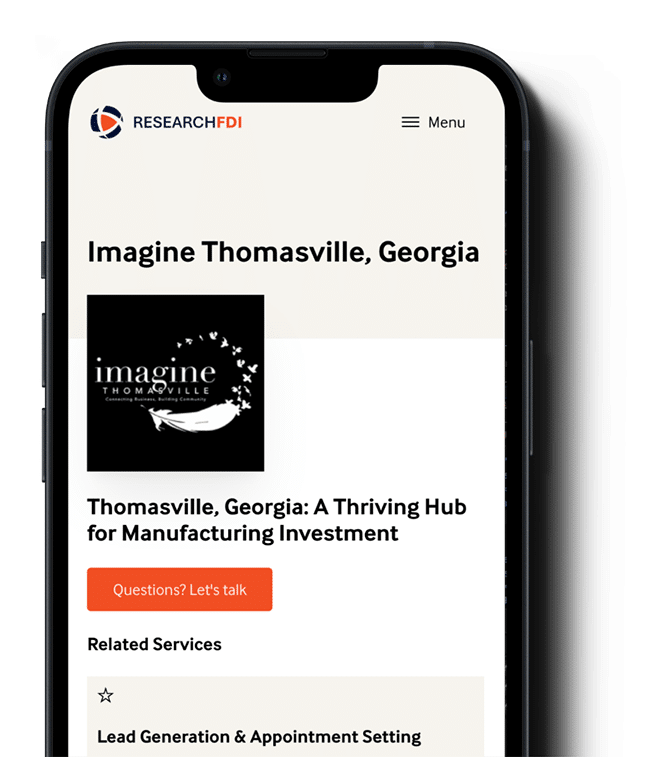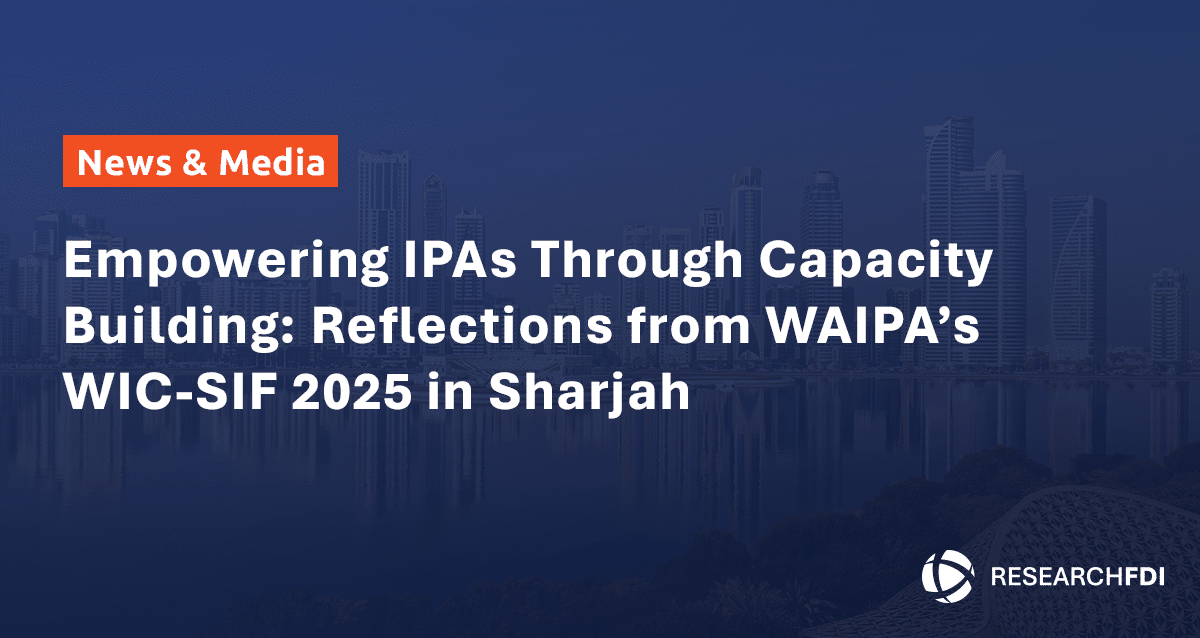Welcome to our new blog series “FDI Trends Post Covid-19” where we will provide an in-depth look into various different countries around the world and analyze what they are doing to attract FDI. We will analyze the current economic conditions and predict how we feel that country will fare in the post-COVID-19 race for FDI attraction. The first country in our series is the United Arab Emirates. Please read more below to learn about some innovative programs that the UAE has launched to attract more foreign investment in the past few years.
The United Arab Emirates’ (UAE) Foreign Investment Attraction Outlook for 2020/2021
Overview of the UAE’s response to the pandemic
The Covid-19 pandemic has sent the global economy into a state of limbo in which many questions regarding the timeline for a return to normalcy remain unanswered. Of the several economic consequences, global foreign direct investments (FDI) flows have been predicted to contract by approximately 30 to 40% in 2020-21. According to the UNCTAD’s Impact of the Coronavirus Outbreak on Global FDI report, “Covid-19 will affect market-efficiency and resource-seeking investment alike. Market-seeking investment and FDI projects in extractive industries could be delayed worldwide as a result of negative demand shocks”. However, the economic response to the pandemic through foreign investment policies adopted by certain countries will play a big role in dictating whom invests where. The past two years may prove to be vital for the UAE’s ability to cope with the pandemic’s devastating economic effects. Furthermore, the UAE announced structural governmental changes as a response to Covid-19’s damaging effects to it’s economy, “which include abolishing half of government service centres and converting them to digital platforms within two years”. This can yield a quicker and more stable response to the pandemic’s threat to FDI operations, as companies may proceed digitally without interruption. More importantly, a positive indication for the UAE’s slow but steady progress has been that “the non-oil private sector grew in June for the first time this year, emerging from months of contraction as coronavirus restrictions were lifted”. The UAE’s current response to the pandemic may quickly distinguish them from other regions as the preferred destination for FDI.
Why should foreign companies consider investing in the UAE?
Over the past few years, the UAE has proven its commitment to becoming a leading destination for FDI in the Middle East and North Africa (MENA) region. According to the UNCTAD’s World Investment Report 2020, the UAE witnessed a surge in FDI inflows by 32% in 2018 and 2019. Amongst the key factors for the recent increase in FDI inflows are growing industrial diversification, financial investment deregulations (residency and ownership measures), and the increase in free-trade zones available.
As a result of the politically and economically stable climate present in the UAE, FDI has risen within the trade, finance, manufacturing, insurance, and real estate sectors of the economy. Yet, the main factor behind the UAE’s recent increased FDI inflows is due to its foreign investment deregulation policies which have provided foreign investors more financial incentives to set up or remain in the UAE. More importantly, as of July 2019: the UAE cabinet confirmed the Positive List of 122 economic sectors and activities eligible for foreign direct investment and eased up stringent ownership measures. Amongst the key changes, according to PWC, are: “foreign investors in the country to be offered a 10-year residency visa, as well as 100% business ownership. This move aims to boost FDI by up to 15%”.
Therefore, the looming question is perhaps: is the UAE a safe destination for FDI post-Covid-19’s detrimental economic effects? For the World Economic Forum (WEF), mitigating the negative effects of FDI contraction due to Covid-19 requires policy efforts and a main one recommended is that “export processing zones (EPZs), which have been an important tool for attracting FDI in many developing countries, should be designed in a way to link up to the domestic economy”. Thus the presence of 45 free-trade zones in the UAE is essential for attracting companies looking to expand and invest internationally. It is important to note the advantages of linking EPZ’s to the domestic economy, as they allow for: skill and technology transfer to domestic labor, increase in domestic employment, and most importantly, linking domestic suppliers to foreign companies in the EPZ’s. These, amongst other links, aid in mitigating the pandemic’s effects on global FDI.
FDI Case Studies in the UAE: Microsoft in Abu Dhabi & Dubai
Microsoft’s investment project in the UAE began as the company chose the UAE as its destination for the first Middle East cloud data centre. The project as described by H.E. Dr Rauda Saeed Al Saadi, the Director of the Abu Dhabi Smart Solutions and Services Authority (ADDSSSA) is the Emirate’s aim “to provide government institutions with qualified human capital and the ability to deal with the best digital solutions and advanced technology to provide the best services”. In turn, “Under the agreement, Microsoft will provide instructor-led training for 240 government employees…[also ensuring that] Government of Abu Dhabi employees are well-versed in such technologies as Microsoft’s Azure cloud platform, Office 365, Data, AI and Dynamics 365”. Additionally, as of June 2020, Microsoft introduced the “Microsoft Energy Core” initiative in the UAE which will facilitate the acceleration of digital transformation, pioneer the energy industry’s environmental sustainability, but most importantly, “build coalitions with energy operators, power & utility organizations, renewable energy companies, academic institutions, and industry bodies”. Thus integrating cooperation with domestic suppliers and institutions furthering the link between the domestic economy and the EPZ’s. Microsoft’s projects in the UAE exemplifies the types of skill & technology transfer and links to domestic suppliers that the WEF stressed was important for mitigating the detrimental effects of the pandemic on global FDI and the contraction of the global economy. Recently, many large multi-national corporations such as Microsoft, Oracle, and HP have announced new projects in the region. With the commitments made by large organizations to developing talent in the region, this presents a great opportunity for small and medium enterprises (SME’s) to consider the benefits of setting up their business in the UAE.
To learn more about the UAE’s business climate, check out PWC’s informative guide on the matter.
About ResearchFDI
Based in Montreal, ResearchFDI is a specialized market research firm that provides customized lead generation and business intelligence services for economic development organizations and regional promotion agencies, intended to identify and capture FDI and direct investment opportunities. We position Economic Developers and Investment Attraction professionals in front of corporate decision-makers that are seeking to expand or relocate their businesses to new geographic locations. We are focused on helping our clients create important business relationships that will serve to grow awareness of their region, promote its economic strengths and attract direct investment.



